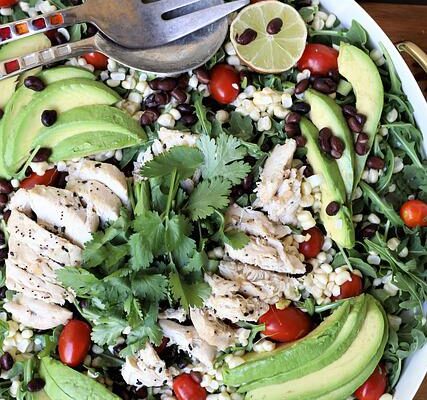Eating after a workout allows your body to replenish lost nutrients and repair muscles, making it an important part of your workout. During an exercise session, you shred muscle tissues, lose electrolytes, and reduce glycogen storage.
After an exercise, the greatest method to assist your body is to nourish it with good nutrition, which allows you to recover faster and stronger. It is critical to educate yourself on when to consume meals, what foods to eat post-exercise, and how long you should eat after a workout, depending on what type of workout you do. Following these suggestions can be beneficial.
Why You Should Eat After Working Out
Workouts that are difficult or time-consuming are notorious for depriving your muscles of nutrition. However, if you are like most people, you may be unaware that missing meals after an exercise can contribute to a hormonal imbalance in your body. This approach can not only leave you feeling sluggish and exhausted, but it can also produce an interior environment that is not conducive to muscle building or mending tissue damage caused by exercise.
The purpose of post-workout nutrition is to consume enough macronutrients before, during, and after activity. Consuming carbs and protein within a few hours of exercising has been demonstrated in studies to enhance muscle protein synthesis.
Eating carbohydrates and protein immediately after exercise is proven to increase muscle glycogen production rates (energy restored to muscle cells). Furthermore, combining your protein with a carb source allows the two to collaborate to restore important nutrients and stimulate muscle protein synthesis, which helps increase muscle and strength.
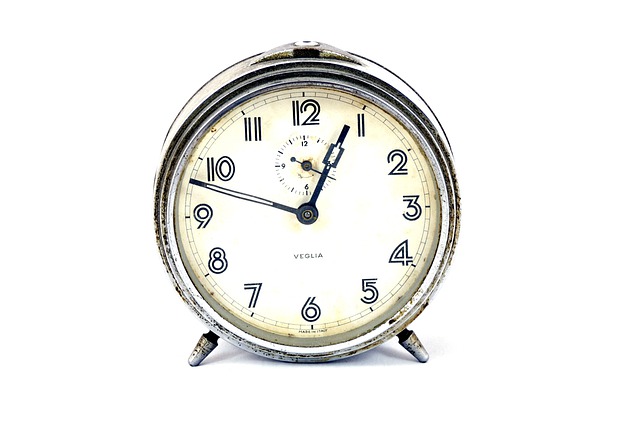

Indeed, timing your nutrition after a workout is critical to your health. Eating post-workout can help you recuperate, mend your muscles, replace lost fluids, and regain nutrients. Furthermore, research suggests that this may be more crucial to your general well-being than what you consume on a regular basis.
The Advantages of Eating After Exercise
There are various advantages to having a post-workout meal. Here are some benefits of consuming a post-workout meal or snack.
Replenishes Storage of Glycogen
Glycogen is required for any workout, whether cardio or resistance training. Working exercise can cause you to lose up to 80% of your glycogen storage, and without glycogen, your energy level plummets.
Muscle Growth
You should consume protein within your anabolic window, which is the time period following a workout when you should ingest protein in order for your muscles to grow and build. In one trial, 20 grams of protein was given to participants one hour before and after their workout. The researchers discovered that total body mass was significantly higher in the protein group compared to the dextrose group.
Your Body should be Hydrated.
It goes without saying that you should replenish the fluids you lost while working. However, there are some additional advantages. According to Harvard Health, regular hydration can also help control your body temperature, prevent infections, transfer nutrients to your cells, keep all of your organs operating, enhance sleep quality, improve your mood, and eliminate brain fog.
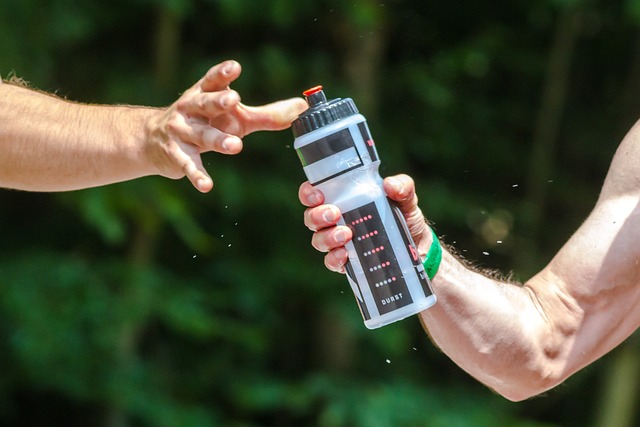
What Your Post-Workout Meal Should Include
Preparing a post-workout meal does not have to be difficult. The most crucial element is organizing your meals so that you have a plan and know what you’re going to eat and drink after your workout.
In general, your post-workout meal should contain a combination of carbohydrates, lean proteins, and water. Here are some suggestions on what you should do after a workout. However, you should experiment to see what works best for you.
Protein should be consumed.
The protein immediately following a workout can boost glycogen resynthesis. Some dieticians recommend that athletes ingest 20 grams of protein following their workout.
There is a method to find out how much protein you need. To do so, multiply your weight by 0.25 – 0.3 grams per kilogram or 0.11 – 0.14 grams per pound.
Protein Sources: What You Should Know
Whey protein can enter the bloodstream in as little as 15 to 20 minutes.
When selecting a protein supplement, search for labels that say “NSF Certified for Sport” or other third-party testing certification. This signifies that the supplement has not been tainted with fake components in order to satisfy the protein content listed.
Vegetarians can acquire the essential amount of protein post-workout (approximately 20 grams) and boost muscle recovery by eating a variety of plant sources. Wheat or rice coupled with peas or beans is one possible combination.
Whole foods, including egg whites, poultry, beef, pork, turkey, and tofu, can help with post-exercise recuperation.
Carbohydrates should be added.
According to the International Society of Sports Nutrition’s viewpoint on nutrient timing, taking 0.5 – 0.7 grams of carbs per pound or 1.1 – 1.5 grams per kilogram of your weight within 30 minutes of exercise can promote optimal glycogen resynthesis.
Carbohydrate alternatives
Try sweet potatoes instead of white potatoes. It contains more magnesium and vital nutrients to rejuvenate your body.
To get additional potassium, make peanut butter and banana sandwiches instead of peanut butter and jam.

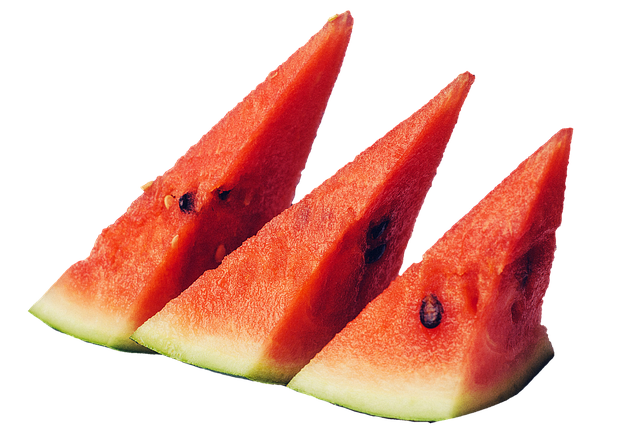
Also, watermelon has a higher water content and a lower glycemic index than apples.
Restore fluids
According to some studies, your body may lose more than a quart of water in one hour of exercise.
It is not possible to propose a uniform fluid replacement because everyone’s physiology and activities are different. Water is the most natural hydrating fluid you can consume.
If you are doing a strenuous workout or exercising for more than 2 hours, you should consume an electrolyte-containing beverage. This helps to replenish the minerals lost through sweating. Here are some more hydration suggestions.
Rehydration can be accelerated if your beverage contains sodium. This does not have to come from a sports beverage.
If you are not too crazy about sports drinks, coconut water is an excellent substitute. When compared to sports drinks, coconut water was found to enhance rehydration with little to no difference in a study.
Weighing oneself before and after a workout can help you determine how much water you lose, allowing you to track your hydration more effectively. This is especially beneficial during intensive workouts or when exercising in hot weather.
Monitoring your pee is a method of determining your hydration state. Unless you’ve taken a supplement in the recent few hours, it should be pale yellow.
Ideas for Post-Workout Snacks
Brown rice with skinless, boneless chicken breast: Make a nutritious recovery meal using your favorite low-sodium seasonings or salsa. This may be done in the crockpot, on the stovetop, or in the oven.
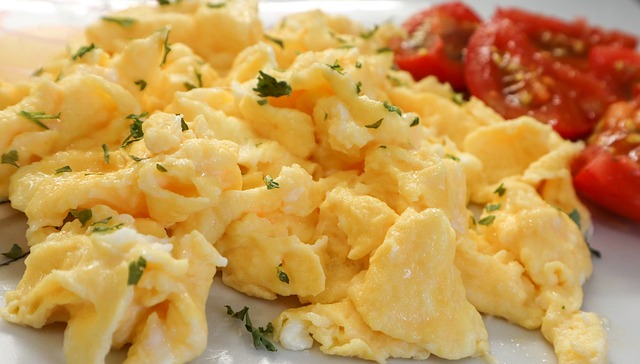
- Egg scramble: One entire egg, veggies, and sweet potatoes can be mixed with favorite spices and dusted with fresh black pepper in a single skillet.
- Leftovers: The food you prepared the night before is calling your name and is ready to refresh your body. Have you ever cooked quinoa? To make a well-balanced supper, toss on salad leaves and drizzle with balsamic vinegar.
- Blend your favorite fruit with nonfat Greek yogurt or your favorite tolerated dairy, some water, and ice to make a smoothie. A teaspoon of your favorite nut butter can greatly increase healthy fats.
- Wraps: Whole-grain, high-fiber wraps are an excellent way to start a fantastic recovery meal. Roll up the wrap and enjoy some fresh avocado, lean meat of your choosing, vegetables, beans, or whatever else fits the theme.
Eating After a Workout: When Should You Eat?
The timing of your post-exercise meal is determined by your workout and your goals. Here are what experts are suggesting.
For example, if you conduct hard weight resistance workouts to build muscle size, you should ingest 20 to 30 grams of protein and 30 to 40 grams of nutritious carbs as soon as possible after your workout.
They recommend eating a well-balanced supper 1 hour after your workout for lighter aerobic sessions.
The most important aspect of your post-workout meal, however, is not necessarily nutrient timing but simply consuming the correct meals for your fitness goals.
You should restore your glycogen stores with carbohydrates within two hours of activity. According to some studies, postponing carbohydrate ingestion by even two hours can limit muscle glycogen resynthesis by up to 50%.
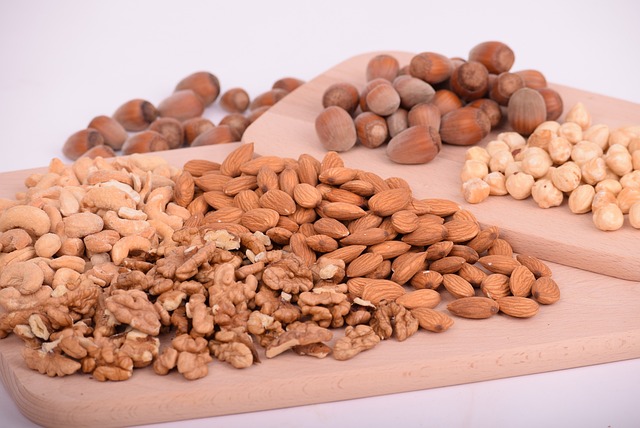
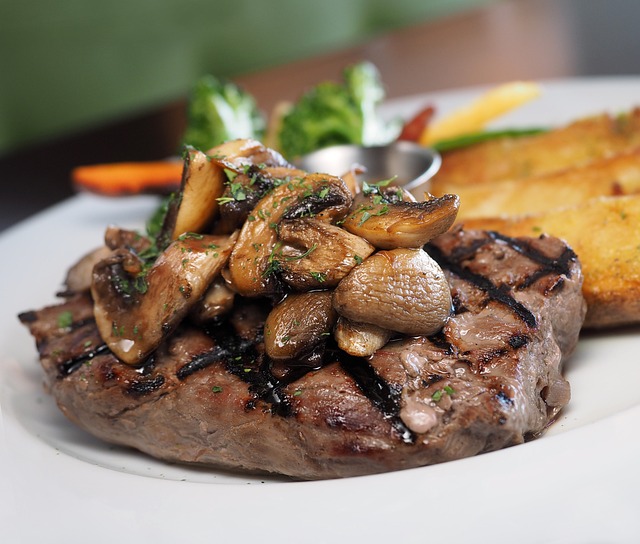
In some studies, researchers found 60-minute cycling sessions resulted in significantly more glycogen resynthesis when carbs were combined with protein consumption than when a calorie-equated, carbohydrate-only solution was consumed within the 2-hour window. Waiting 3 hours after exercise had no effect on glycogen synthesis.
Drinking 23 ounces of fluid (water, sports drink, coconut water, or electrolyte supplement) for every pound of weight lost when exercising between the time you first exercise and 1 to 2 hours before your next session is recommended.
To Conclude on Eating After a Workout
Experimentation is commonly used to determine which nutritional foods work best for your body after a workout. You can experiment with various whole foods, packaged liquids, and whey proteins to see how your body reacts.
However, you should make an effort to have a nutritional strategy in place for each workout session so that your body can recuperate appropriately. If you have any doubts about nutrition approaches or timing, you should consult with a qualified dietitian or another healthcare expert.
